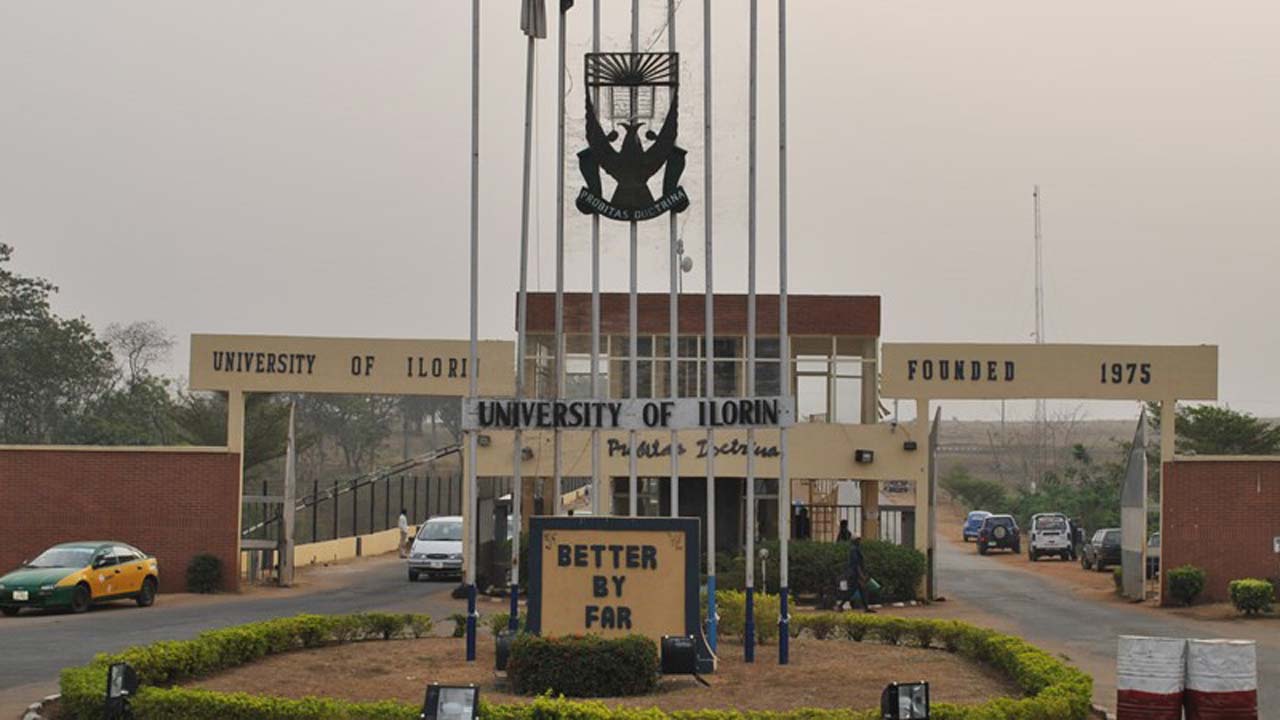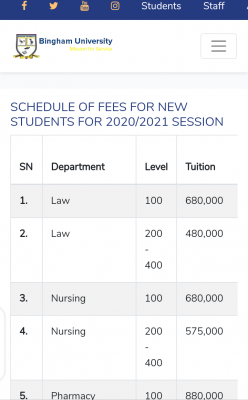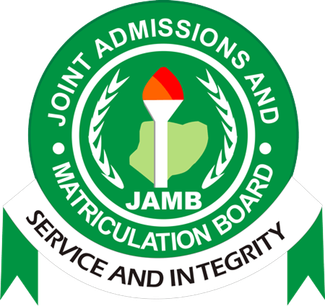5 New Universities Receive CLE Approval to Admit Law Students


The Council of Legal Education (CLE) has granted approval to five new universities to begin admitting students into their law programmes.
In a press release, the council also revealed that it has raised the admission quota for the University of Nigeria, Nsukka (UNN), a Tier-1 institution, from 220 to 250 students.
According to the same release, 260 candidates earned a “First Class” in the 2024 Bar Final Examination, while 940 candidates failed to meet the required standard.
The CLE conducted its second quarterly meeting on Thursday, April 17, 2025, at the Council Chambers at the Nigerian Law School headquarters in Bwari, Abuja.
At the meeting, the Council reviewed a detailed report submitted by the Director General of the Nigerian Law School and Chairman of the Board of Studies, Prof Isa Hayatu Chiroma, SAN, Life Bencher, regarding verification visits to several universities.
The universities assessed during the verification exercise include Nigerian British University in Asa-Uzuaku, Abia State; Federal University Otuoke in Bayelsa State; Modibbo Adama University, Yola; Prime University in Kuje, Abuja; and Margaret Lawrence University, Abuja.
Following these evaluations, the team concluded that the institutions have satisfactory academic structures and facilities, and subsequently recommended them for approval to initiate Law programmes.
The recommendation includes an initial quota of 50 students at the 100 level for the 2024/2025 academic year.
The Council also ratified the 2024 Bar Final Examinations results, with the following statistics presented.
A total of 7,134 candidates took part in the examination.
Out of these, 260 attained “First Class Honours.”
Another 1,193 candidates received Second Class Upper division.
There were 2,638 who earned a Second Class Lower grade.
A total of 1,595 candidates achieved a Pass.
327 candidates obtained a Conditional Pass.
940 candidates failed the examination.
There were 181 candidates who were marked as absent.
These outcomes result in an overall success rate of 84%, while 16% of the candidates failed.
The council restated its dedication to the ongoing development of legal education and its commitment to upholding high standards in the instruction of future legal professionals in Nigeria.









